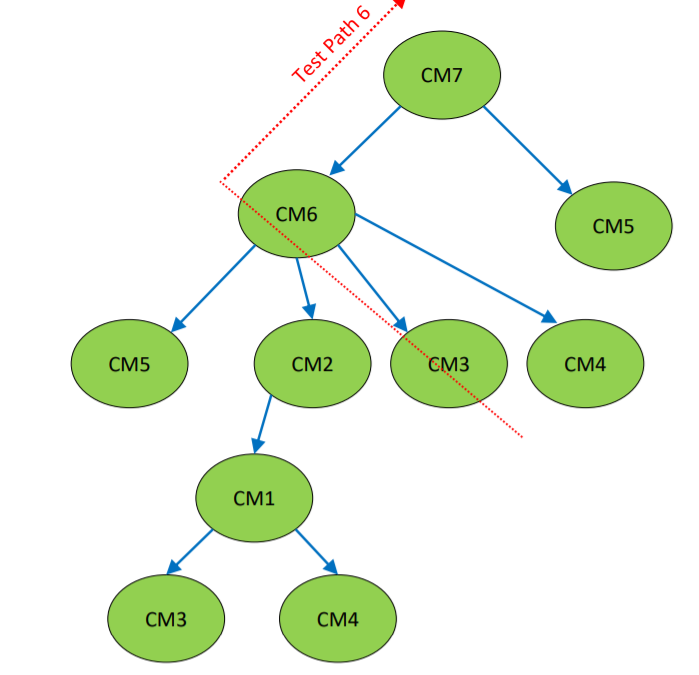Introduction to IntegrationDistiller, a new automated solution to help in the testing of component integration scenarios, by Mehrdad Saadatmand. The paper has been published at the IEEE International Conference on Industrial Technology, ICIT 2019
Software systems typically consist of various interacting components and units. While these components can be tested and shown to work correctly in isolation, when integrated and start interacting with each other, they may fail to produce the desired behaviors and results.
Integration testing plays an important role in revealing issues in interactions among cooperating components. Identifying different interaction scenarios, however, is not a trivial task when performing integration testing. On the other hand, most of the integration testing solutions proposed in the literature are manual which hinders their scalability and applicability when it comes to large industrial systems.
In this paper, we introduce IntegrationDistiller as an automated solution and tool to identify integration scenarios and generate test cases (in the form of method call sequences) for .NET applications. It works by analyzing the code and automatically identifying class couplings, interacting methods, as well as invocation points. Moreover, the tool also helps and supports testers in identifying timing issues at integration level by automatic code instrumentation at invocation points.
More specifically, this paper and the tool that we introduce contribute with the following points:
- an automated solution to analyze classes, their dependencies and interactions, and generate test cases exercising those interactions,
- automated analysis of object-oriented source code and determining invocation points,
- automatic code instrumentation at invocation points to estimate timing properties and enable testing for timing issues at integration level.
The main novelty of the work thus lies in providing a fully automated approach for integration analysis and generation of integration level test cases based on automatic data-flow analysis.
The code analysis engine of IntegrationDistiller is built and automated using .NET compiler platform, known as Roslyn. Hence, this work is the first in utilizing Roslyn features for automatic integration analysis and integration test case generation. This work has been done as part of our collaboration with ABB Industrial Automation Control Technologies (IACT) in Västerås-Sweden to address the integration testing challenges of the software part of the ABB Ability 800xA distributed control systems.
While by no means this work alone answers all the integration testing challenges of our industrial partner in particular and industry in general, yet it serves as an example and step towards this goal, and also to facilitate knowledge transfer by making research solutions usable and applicable in industry.
For instance, the definition-use data flow analysis that is automated in the analysis engine of IntegrationDistiller is a well-known technique in the literature, yet not prevalent and commonly used in industry (partly due to the lack of tool support and automation). However, IntegrationDistiller, among other things, enables testers to benefit from the result of this technique and apply it implicitly under the hood of its code analysis engine without the need to know much details about the technique itself.
ICREA Research Professor at Internet Interdisciplinary Institute (UOC). Leader of the SOM Research Lab focusing on the broad area of systems and software engineering. Visit jordicabot.com

